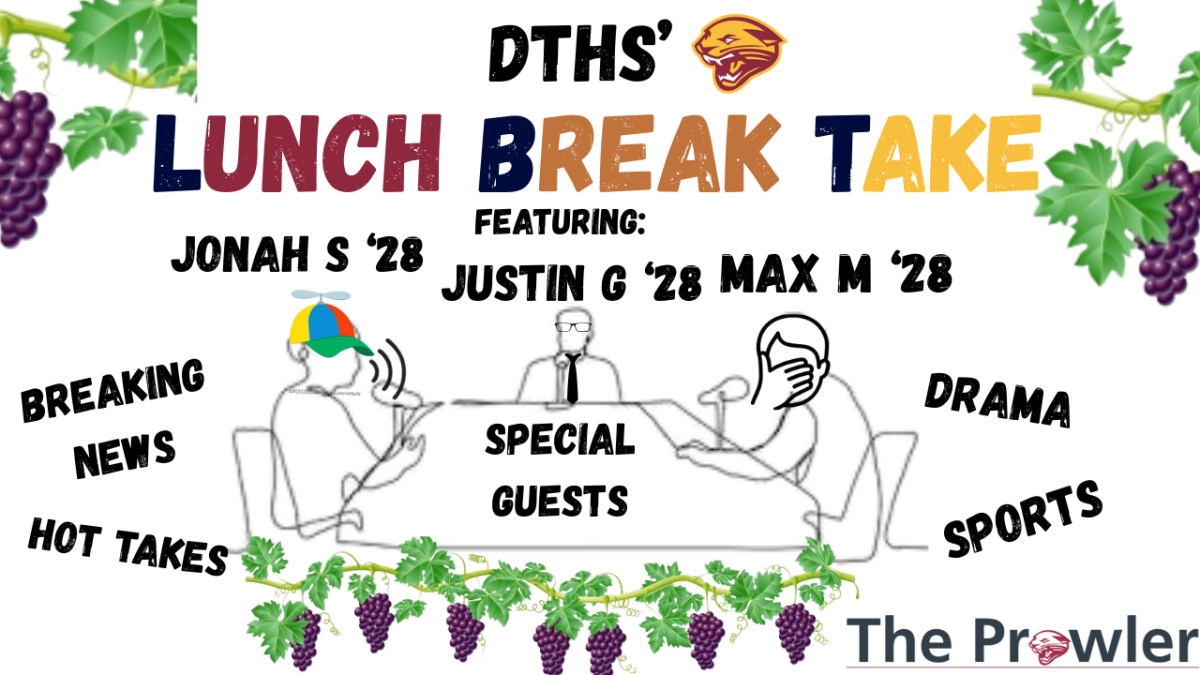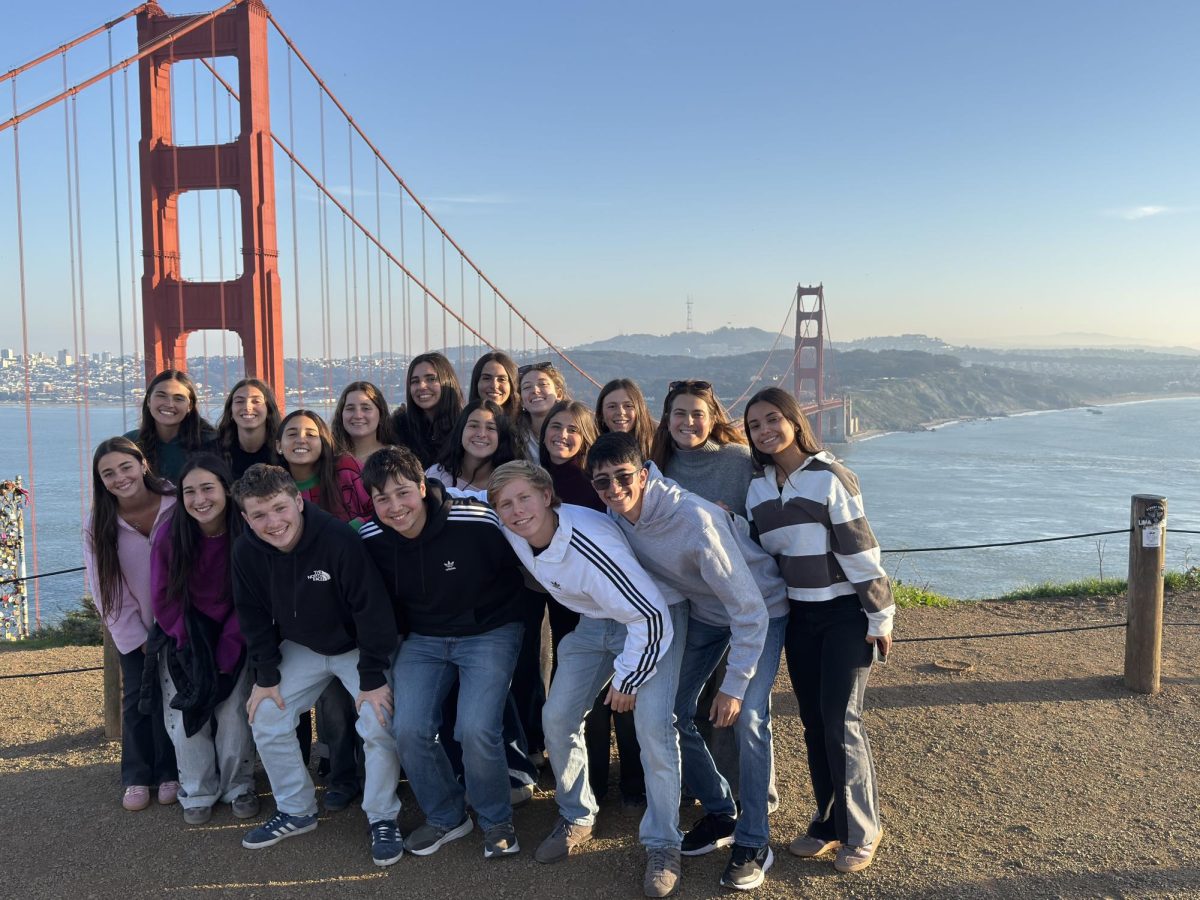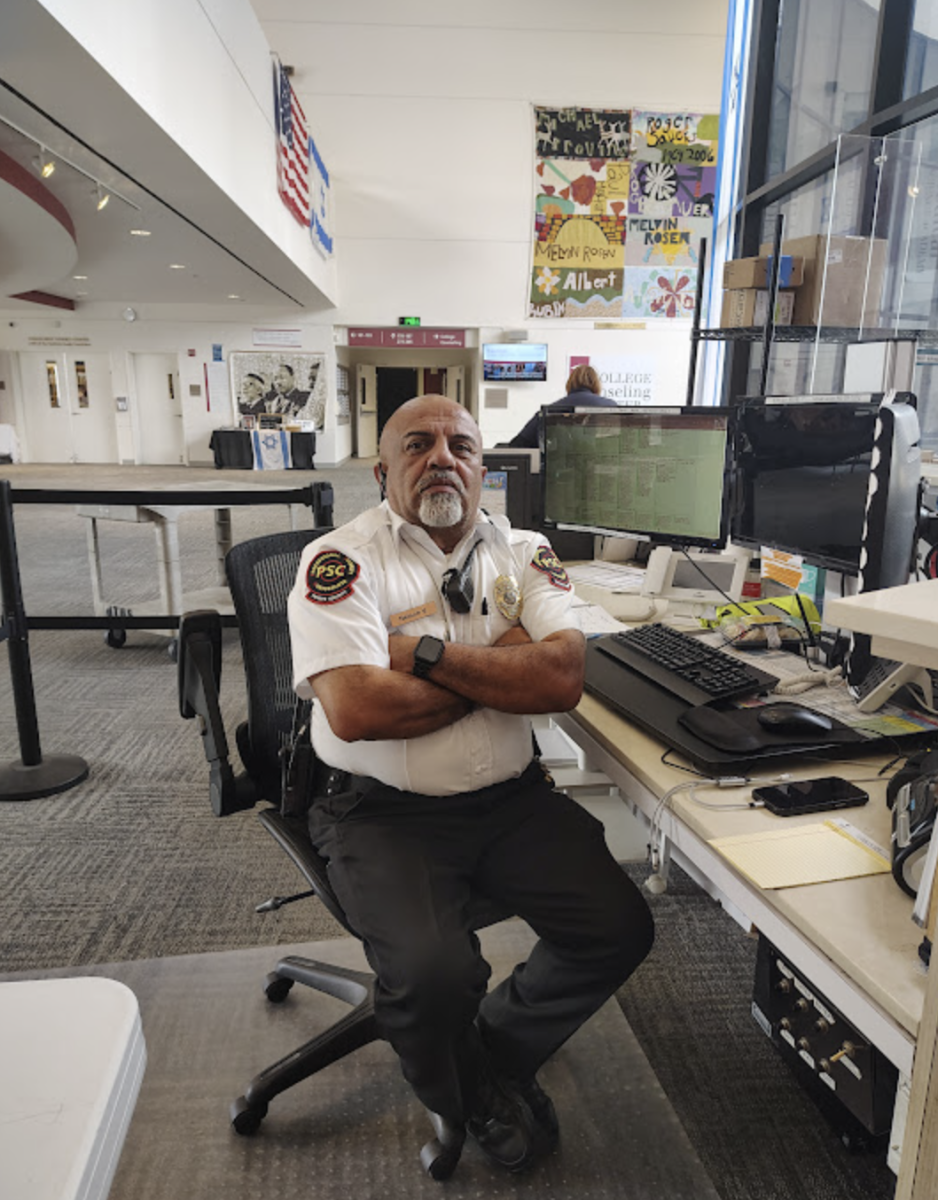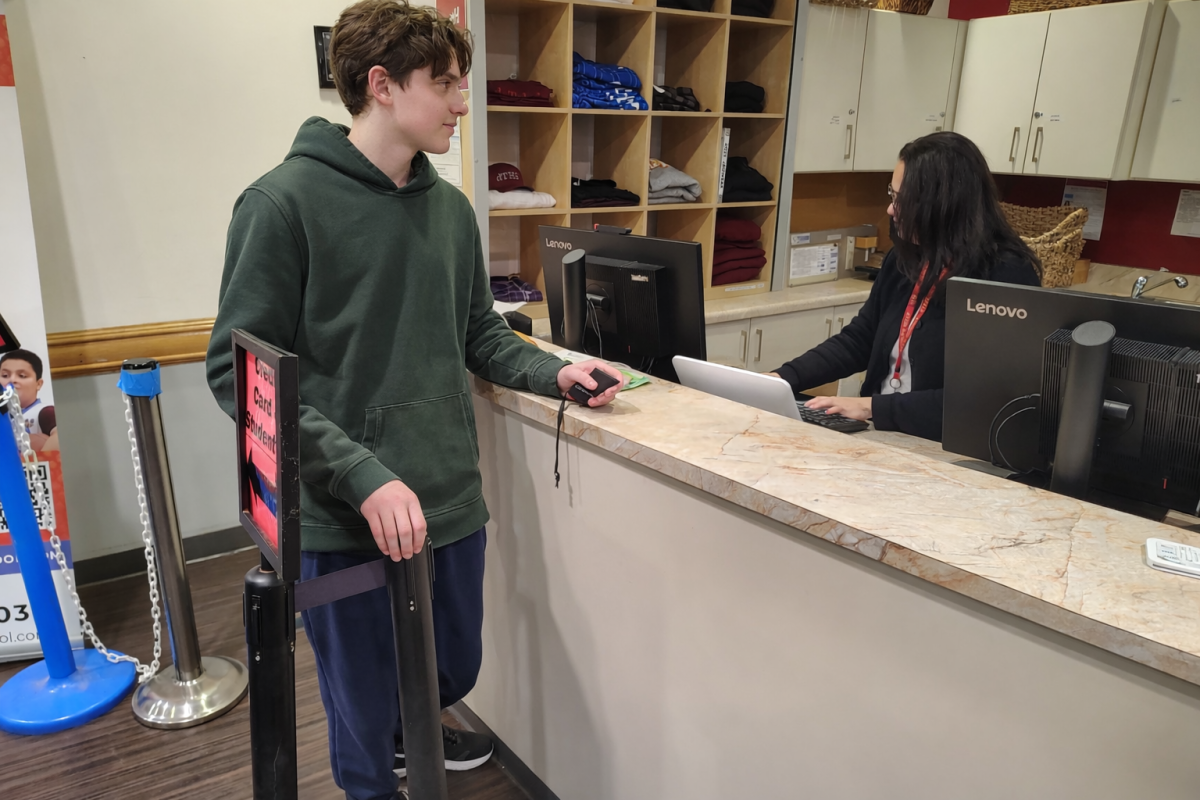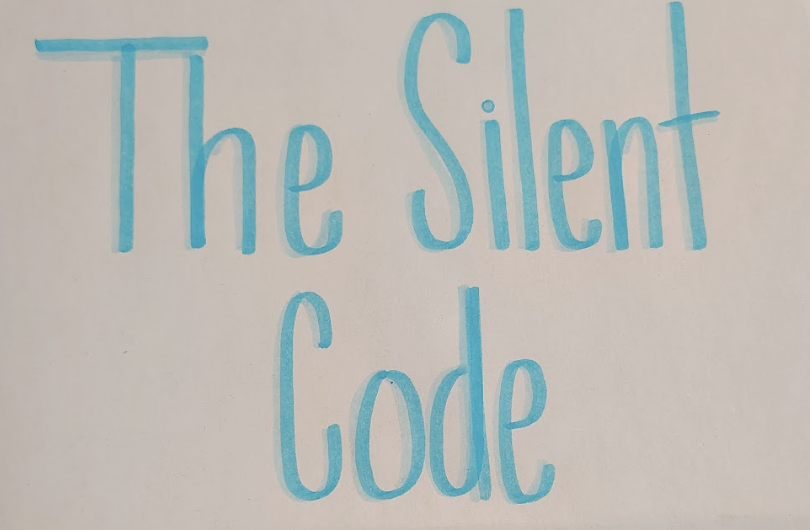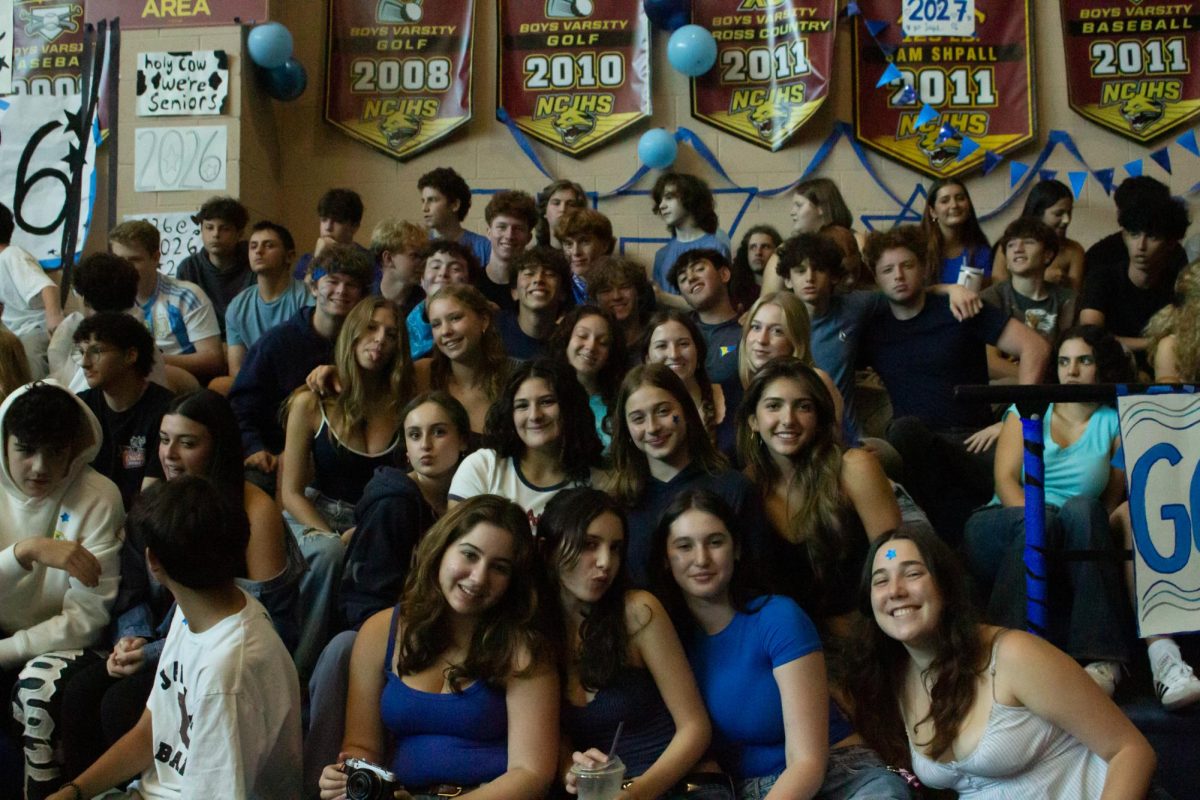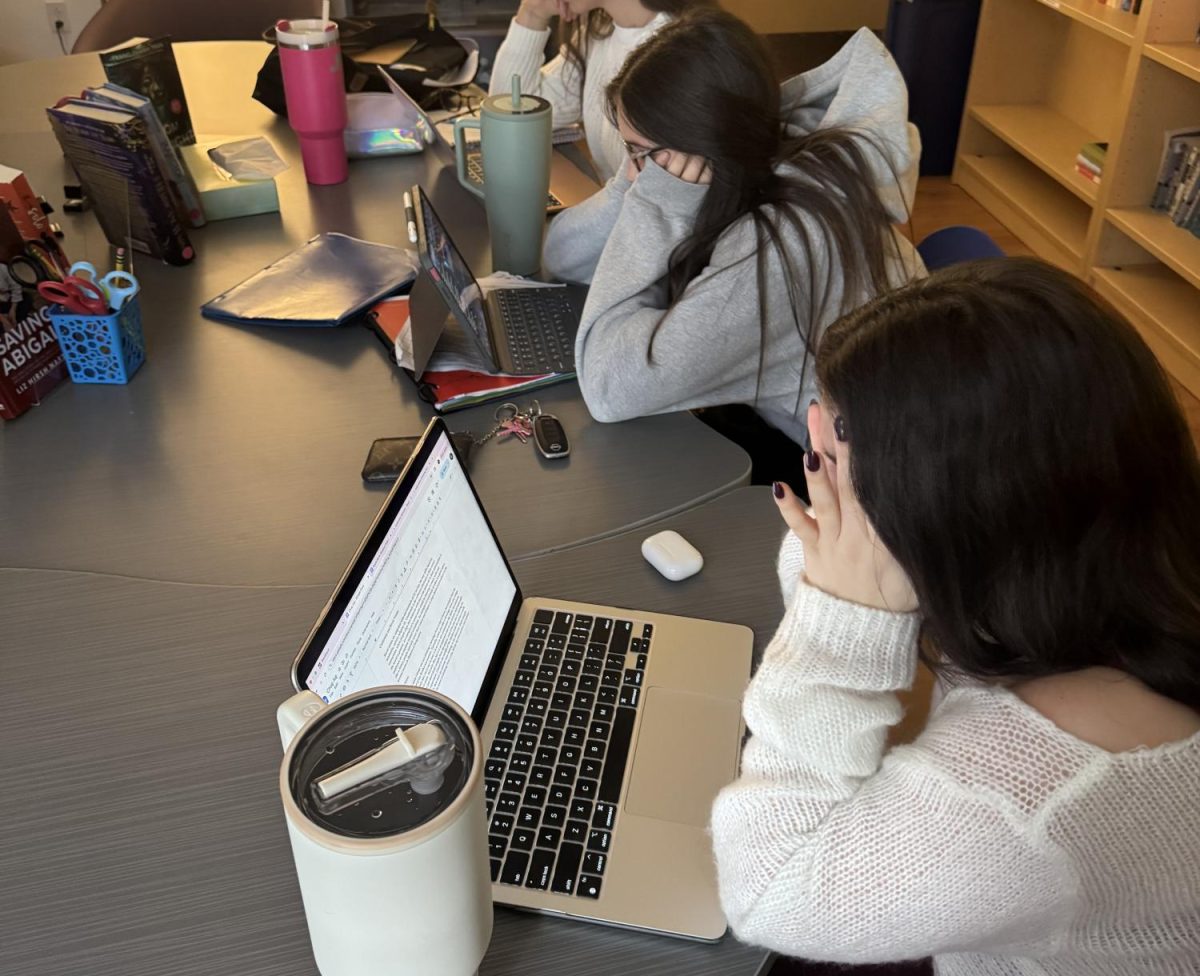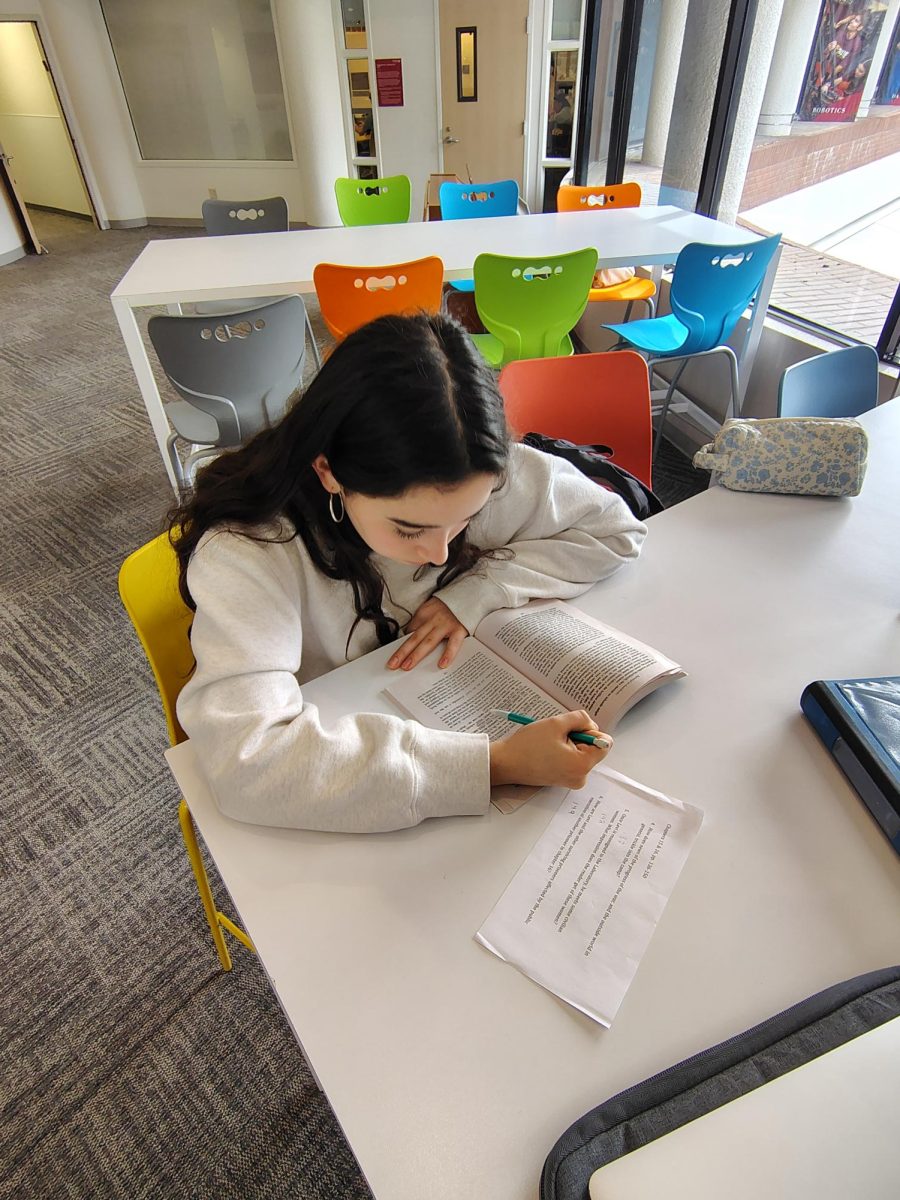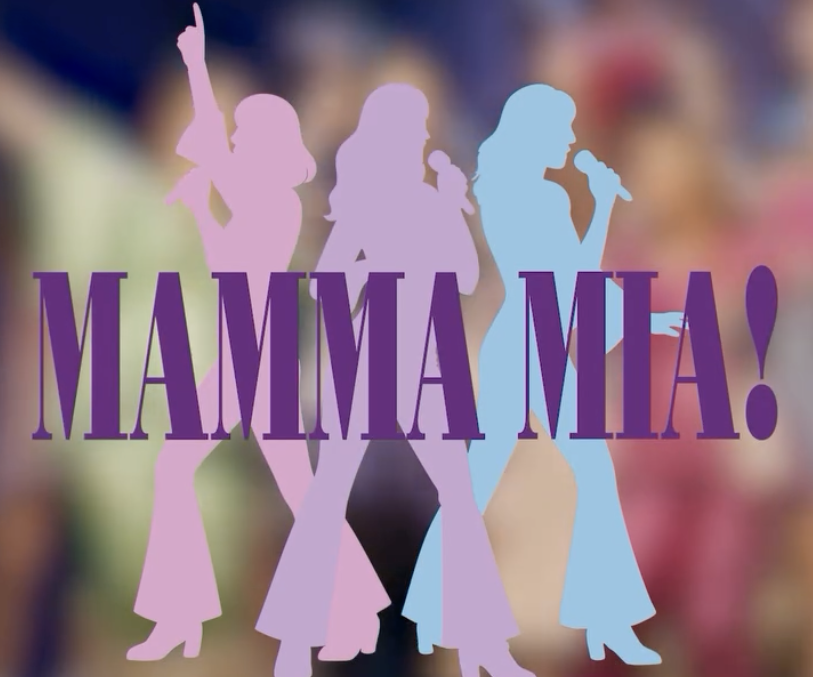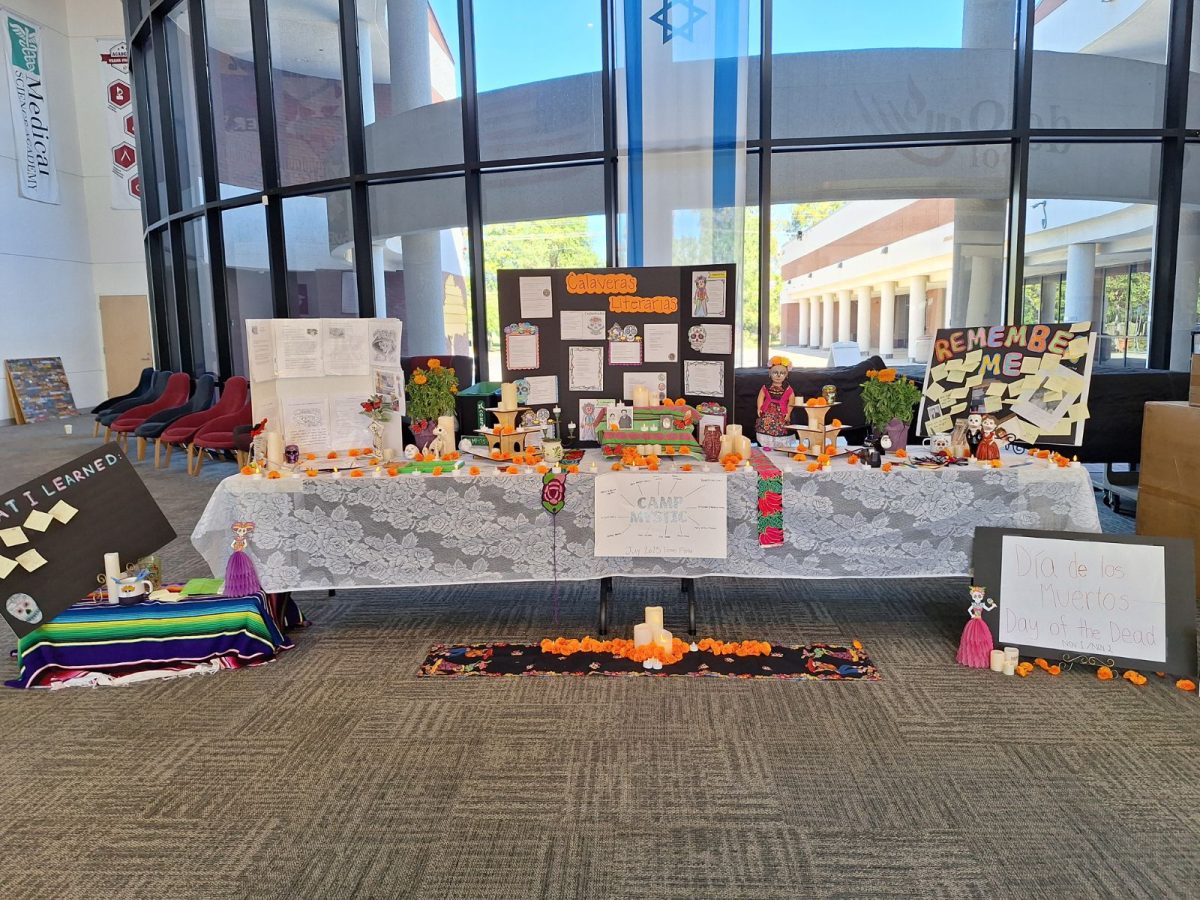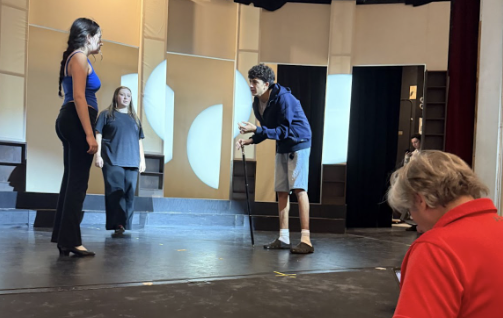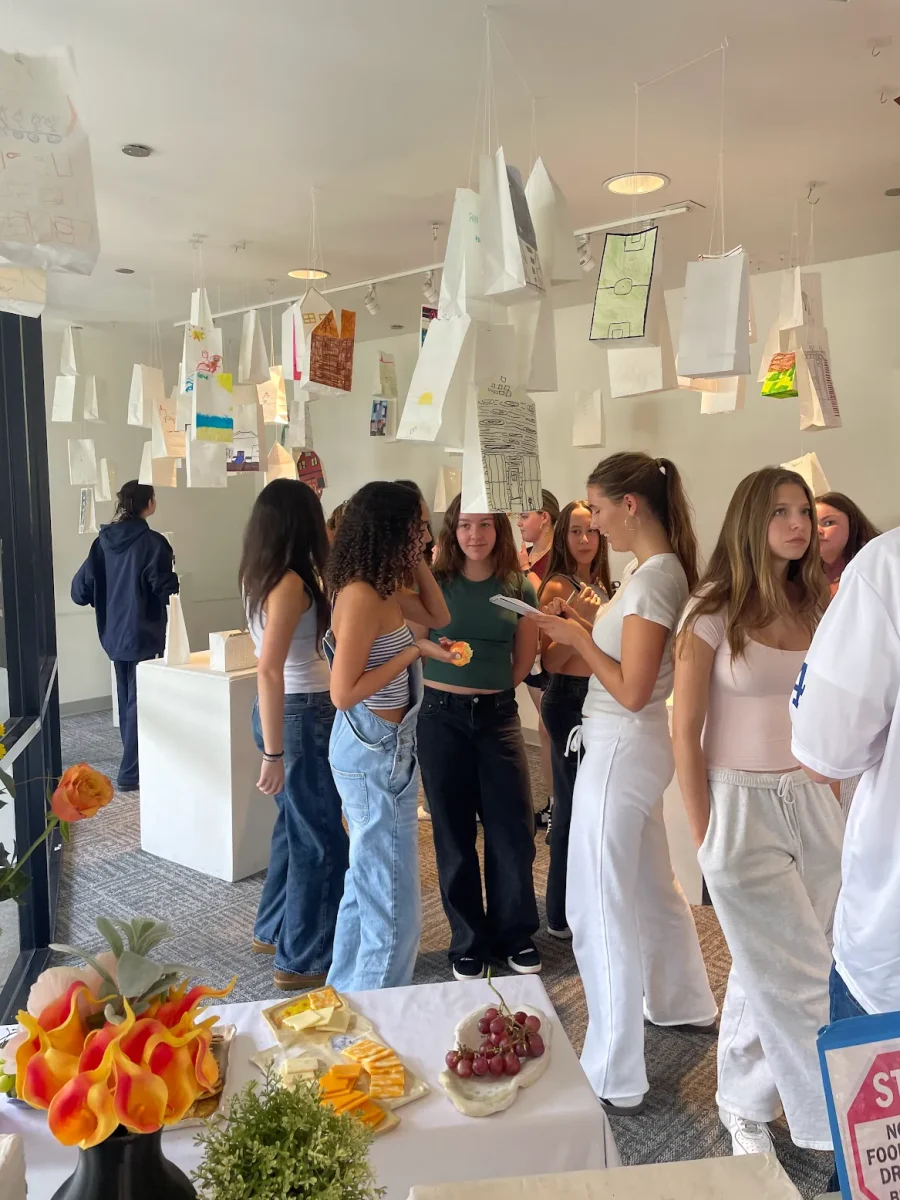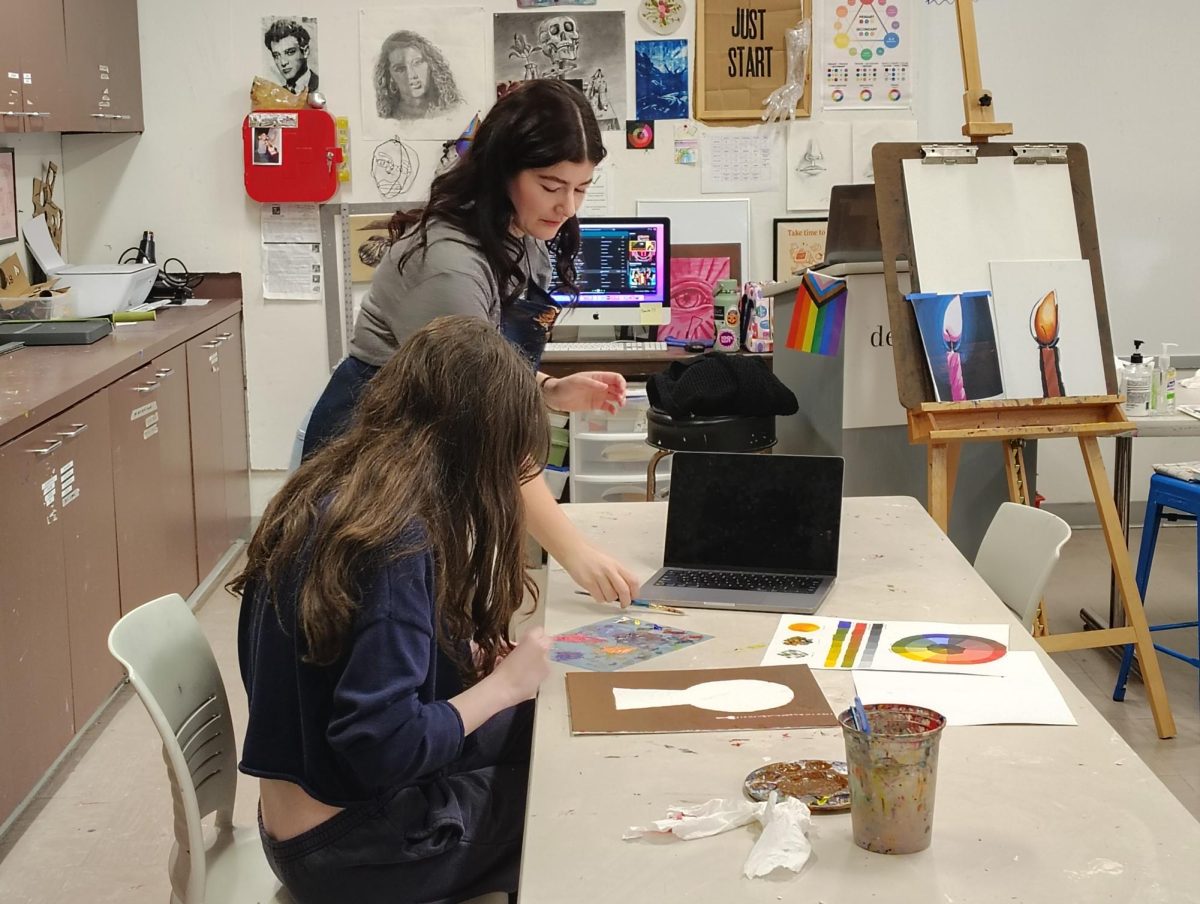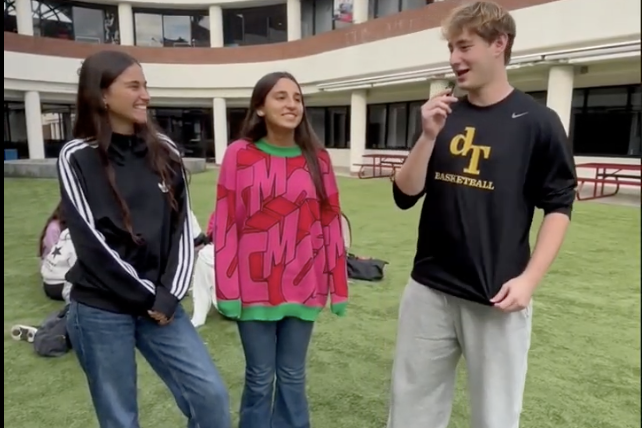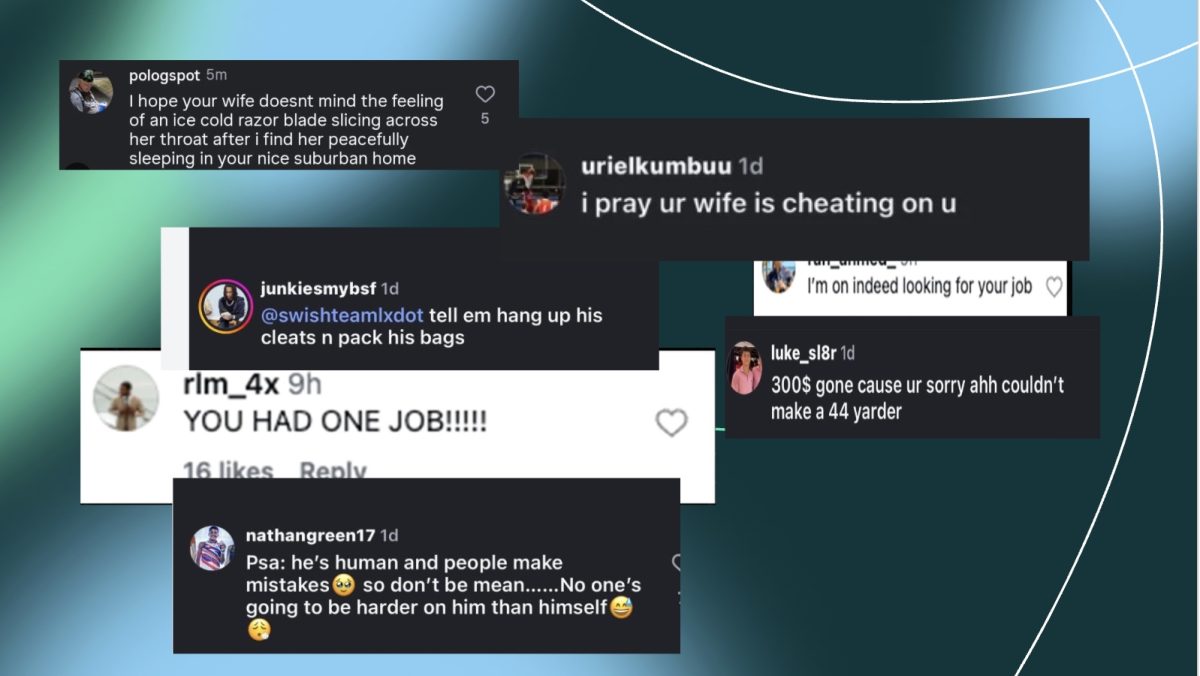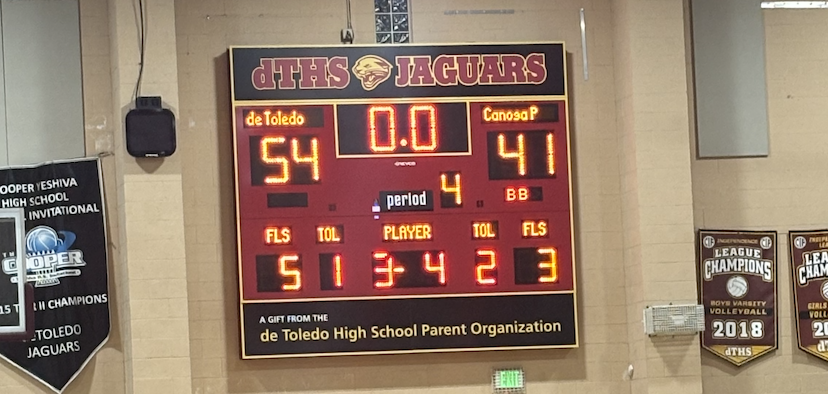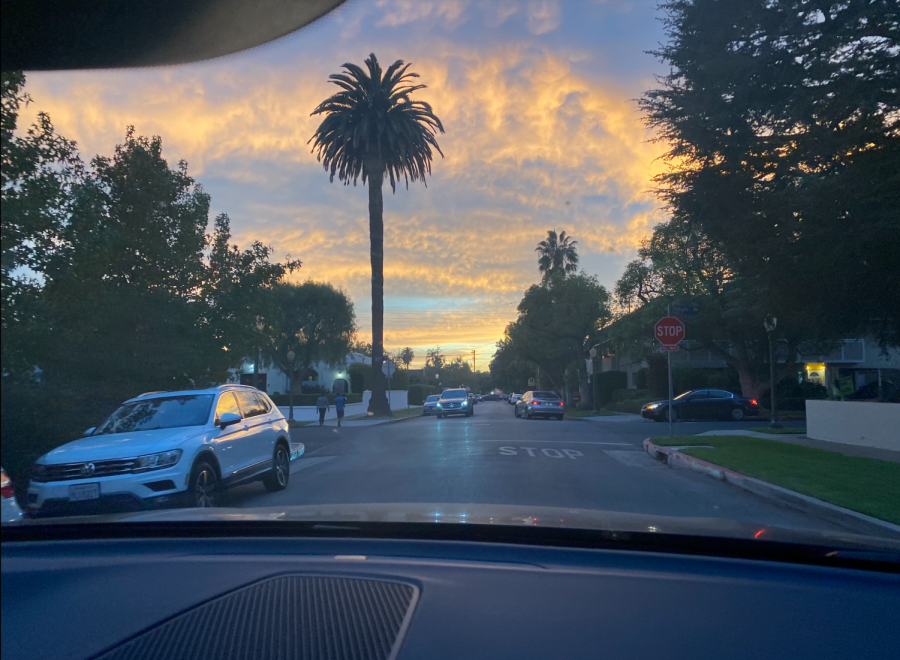FOMO During the Pandemic
Are you still afraid of missing out even when most things have been canceled due to the COVID-19 pandemic? Well, you’re not alone in this feeling. FOMO, or “fear of missing out” as defined by Cambridge Dictionary, is a worried feeling that you may miss exciting events that other people are going to, especially caused by things you see on social media.
Ever since the beginning of the pandemic, I thought feelings of missing out would disappear, or greatly decrease. However, I feel as if the pandemic has caused many new fears or worries to arise. What has struck me the most is how people with different personality types are responding to this worldwide virus. Introverts tend to be shy and seek rejuvenation through spending time by themselves, while extroverts are typically seen as more outgoing and fill themselves up by socializing.
So, introverts are thriving during this pandemic, right? Well, I don’t think that’s correct. The start of the virus might’ve been an amazing time for introverted people, but seven months later “thriving” might be a stretch. This much time experiencing quarantine has caused a sense of boredom and increased teens’ need for some type of stimulation, either environmental or social. Additionally, students never have the satisfaction of retreating to their happy spot, or room, once they return from a long day of school because they are now doing classes and Zooms from their rooms all day long.
And this pandemic isn’t too easy for extroverts, either. Extroverted people typically seek socialization to lift their spirits, which most people are now unable to do throughout quarantine. Many extroverts are instead FaceTiming their friends, channeling their inner introvert by being more present, and finding ways to stay engaged with others in efforts to handle the pandemic.
Some people, unaware of their limits, will pile up their meetings and Zooms, and always feel the urge to do more.
Quarantine has been especially difficult for those who are nervous about contracting the virus or have family members who are and are unable to leave their homes. This causes feelings of missing out, particularly when they see their friends hanging out without them. Feelings of guilt may also arise when people’s friends ask them to hang out, but they don’t want to get themselves or others in their family sick. Social media tends to exacerbate these feelings for both introverts and extroverts.
Additionally, there are risk-averse and risk-tolerant individuals. Risk-averse people are typically reluctant to take risks, and, in terms of the Coronavirus, those individuals may not leave their homes and may avoid socializing or going to places where there is a chance of getting infected. On the other hand, risk-tolerant people are not afraid to take risks, and, with COVID-19, they may be connecting with many friends and not feel afraid whatsoever. Based on one’s risk tolerance, they can decide how much calculated risk to take with other humans during a pandemic. Individuals have to evaluate their own risk tolerance and make choices daily on how they want to respond to the pandemic while respecting their comfort levels.
Whether you are an introvert, extrovert, introverted extrovert, or extroverted introvert, we all experience some form of FOMO. Whatever your personality type or tendencies are, a pandemic presents many challenges, and the goal is to manage them and find meaningful ways to comfortably socialize, feel and stay connected, and honor your own needs during uncertainty.
Click here to take a quiz about your personality type. Once you get your results, read in-depth about your strengths, weaknesses, and even possible career paths.



